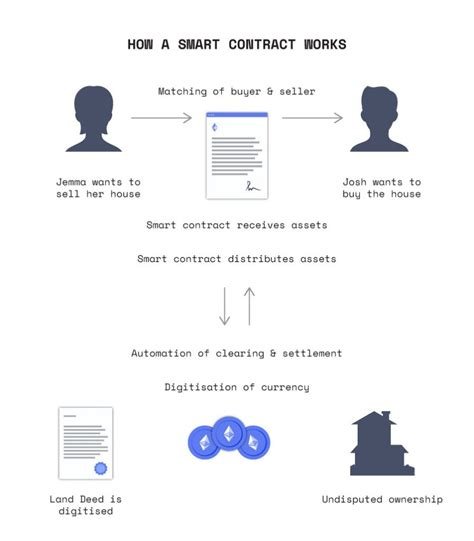Intelligent Contracts: AI Revolution in Legal Agreements
The legal world is undergoing an important transformation with the appearance of intelligent contracts. These artificial intelligence (AI) innovative agreements revolutionize the way companies and individuals interact with each other, making transactions faster, cheaper and safer.
What are smart contracts?
The smart contract is the self -determining software that automates the application of the conditions in the contract when specified. Blockchain uses technology to record all interactions between the parties, ensuring maintaining, checking and accuracy of agreements. The use of AI algorithms enables the creation of complex rules that allow smart contracts to adapt to changing conditions.
The role of artificial intelligence in smart contracts
Artificial intelligence plays a decisive role in developing and implementing smart contracts. AI -fed devices can analyze data, identify potential disputes and automate the implementation process, reduce the need for intermediaries and minimize the risk of errors or violations. In addition, AI -oriented systems can facilitate the transparency and responsibility of smart contracts, ensuring that all parties concerned are aware of their obligations and responsibility.
Benefits of smart contracts

Integration of AI into smart contracts offers many benefits, especially:
* Improved efficiency : Automated processes reduce time and costs on hand controls and counterweights.
* Increased Safety : Blockchain Technology provides a safe and safe recording of all interactions between the parties.
* Reduction of disputes : AI -fed dispute resolution mechanisms can help you identify and resolve conflicts faster and more efficiently.
* Improved transparency : Smart contracts provide clear, transparent and verifiable recording of all transactions.
Real applications for smart contracts
Smart contracts have already found applications in various industries, including the following:
* Management of the supply chain : Companies such as Walmart and Maersk use intelligent contracts to automate the verification and payment of goods.
* Real Estate : AI -fed platforms allow faster and safer real estate transfer.
* Healthcare
: Electronic Health Files (DSE) is used using blockchain technology to ensure the integrity and safety of data.
Challenges and restrictions
Although the benefits of smart contracts are clear, there are challenges and limits to accept them. They belong to:
* Controllers : Governments must create regulatory leaders that allow AI -oriented systems to be used.
* Technical complexity : The implementation of smart contracts requires significant technical expertise.
* The risk of cyber security : Dependence on blockchain technology causes new cyber security risks that need to be alleviated.
Conclusion
Smart contracts are a significant breakthrough in the world of law and finance. By taking advantage of the AI benefits, these agreements can revolutionize business and interaction with each other. While technology is evolving further, smart contracts are likely to become an essential element of our digital economy. Although there are challenges and limits of their acceptance, the benefits of this innovation are undeniable.
Adoption recommendations
In order to take advantage of the potential of smart contracts, governments, businesses and individuals must cooperate together to establish their use supporters. In addition, educational and awareness programs can help you better understand these complex technologies and their applications in various industries.
